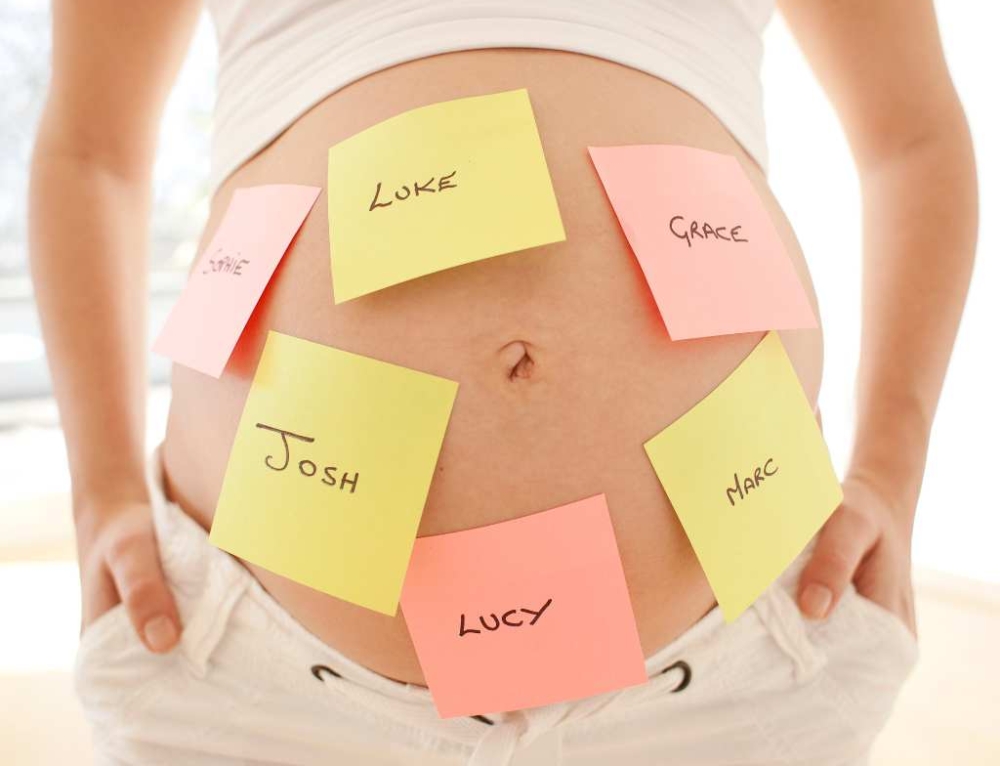You may experience some of the signs of early pregnancy before you get to have your pregnancy confirmed with a pregnancy test.
Early symptoms of pregnancy may include:
-
Missed period.
Also known as amenorrhoea, missing a period is generally considered the surest sign of pregnancy. In the first trimester of pregnancy, though, it is possible to have a light ‘period’ (similar to the spotting that can occur when you’re on the Pill) while your hormones increase to pregnancy levels. It’s also possible to miss a period due to factors other than pregnancy – stress, medication, being underweight or overweight can all have an effect your menstrual cycle.
-
Morning sickness.
It’s estimated that nausea and vomiting affects about 85% of pregnant women in their first trimester. Generally starting in 6- 9 weeks, it usually begins to improve by 14 weeks, though some women can suffer from morning sickness before they even have their pregnancy confirmed. While there’s no one reason why morning sickness occurs but it is generally considered to be the result of a combination of elevated oestrogen levels and low blood sugar. Anecdotally, many women also report suffering more from morning sickness with second and subsequent pregnancies.
-
Tender, swollen breasts.
Just as your breasts can become tender before each period due to hormonal changes, the hormonal changes associated with pregnancy can also cause your breasts to become extremely swollen and sore. This tenderness usually dissipates by the end of the first trimester when hormones levels stabilise.
-
Extreme fatigue.
No amount of sleep deprivation can ever match the overwhelming exhaustion associated with the early weeks of pregnancy. Coping with this fatigue can be difficult and is caused by your rising hormones (particularly progesterone) and metabolism combined with a lowering of your blood sugar and blood pressure. By the second trimester these factors will have stabilised and youll begin to have more energy again.
-
Frequent urination.
While frequent urination is a feature of both the first and third trimesters, it is the change in pregnancy hormone levels, along with increased body fluids, that will have you running to the toilet every ten minutes day and night! There is no way around this – and it will gradually improve – so don’t try restricting your fluids as it’s important for you and bub to stay properly hydrated.
-
Food cravings.
85% of all pregnant women confess to having food cravings at some point in their pregnancy – and you may find that as soon as the morning sickness eases up, you begin to desire particular foods. Top of the food craving hit-list are sweet foods, closely followed by salty snacks – though many women report craving foods they ordinarily don’t care for.
-
Constipation.
In the first trimester, increasing hormone levels can cause constipation which, while not serious, can be extremely uncomfortable and can lead to haemorrhoids.
-
Headaches.
Again, changes in hormone levels can cause frequent headaches, along with changes to your blood circulation, and while some pregnancy women continue to suffer from headaches throughout their pregnancy, for most these will gradually improve as they reach their second trimester.
-
Mood swings.
Early pregnancy is often marked by mood swings that can have you laughing one minute and crying the next. In the first trimester, the combination of hormone levels and fatigue can leave you feeling vulnerable to wide mood swings.
Other early symptoms
You can find out about other signs and symptoms of early pregnancy at the following links:
- No period or lighter bleeding
- Cardiovascular, temperature and blood flow changes
- Breast and nipple changes
- Going to the toilet more frequently
- Morning sickness
- Increased saliva
- Dizziness and fainting
- Tiredness and exhaustion
- Headaches
- Constipation and wind
- Changed libido
- Cramping, backache and bloating







Leave A Comment
You must be logged in to post a comment.